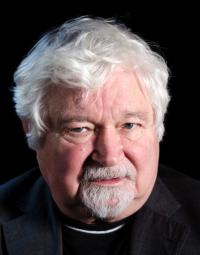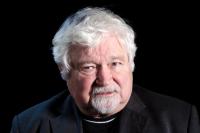My political awakening came through poetry

Download image
Petr Pithart was born on 2 January 1941 in Kladno into the family of the lawyer and Communist Vilém Pithart. In 1954 his father was appointed Czechoslovak ambassador in Belgrade. Fourteen-year-old Petr Pithart was already attending grammar school at the time and had to stay in Czechoslovakia - he lodged in a boarding house run by the Ministry of Foreign Affairs. At the age of 16, he enrolled at the Faculty of Law of Charles University; he started to take an interest in politics and gradually came to see things differently. As a student he joined the Communist Party of Czechoslovakia (CPP). In the years 1962-1971 he worked as an assistant professor at the Faculty of Law of Charles University in Prague, and from the mid-1960s he wrote for Literární noviny (Literary News). In 1967 Zdeněk Jičínský offered him a place in the team of Zdeněk Mlynář at the Academy of Sciences, which was to reform the political system. In early August 1968 he travelled to Israel with his wife and journalists to support the renewal of diplomatic ties; in the autumn he joined his students’ occupation protest and turned in his CPP membership card. In 1969 he moved with his family to Oxford, where he received a scholarship; however, he heeded the call of the Communist regime and returned to Czechoslovakia in autumn 1969, before the borders closed. In 1971 he was fired from Charles University, in 1971-1973 he worked for Water Sources in South Bohemia, living in a trailer - while there he wrote his first large treatise, Obrana politiky (The Defence of Politics), which was distributed in samizdat. In the years 1973-1977, when he was employed as a company lawyer in Prague, he co-organised the bilateral smuggling of samizdat and exile literature with Jan Kavan, who lived abroad. In 1977, after signing Charter 77, he passed this work on to Jiřina Šiklová. He was fired from his job for signing the Charter, and so he then earned a living as a night watchman, a packaging officer, and a librarian. After the 1989 revolution he was elected as a parliamentary deputy for the Civic Forum. In the years 1990-1992 he served as Prime Minister of the Czech Government within the Czechoslovak Republic, in later years he chaired the country’s Senate and led the Department of Political and Social Sciences at the Faculty of Law of Charles University.

